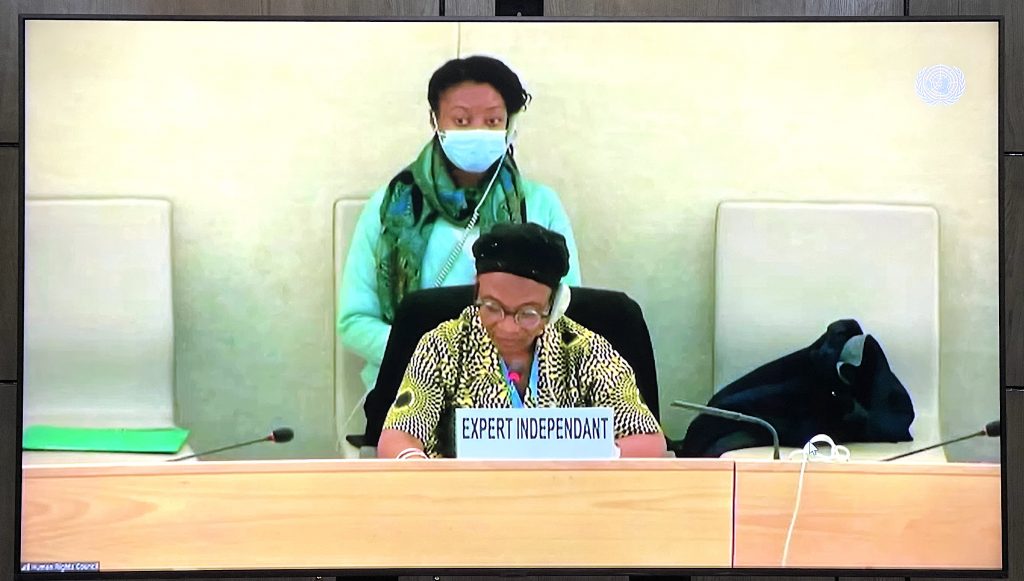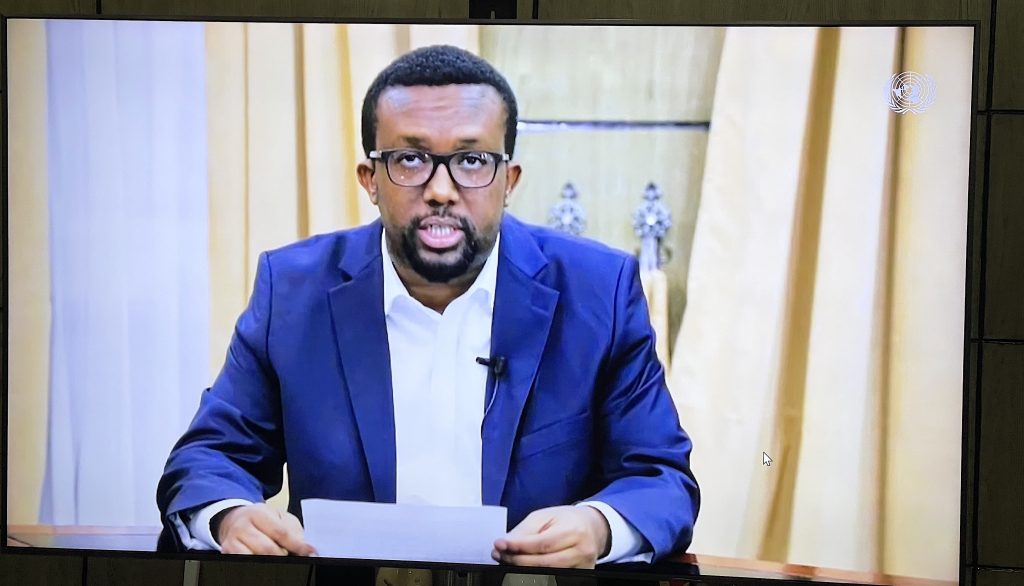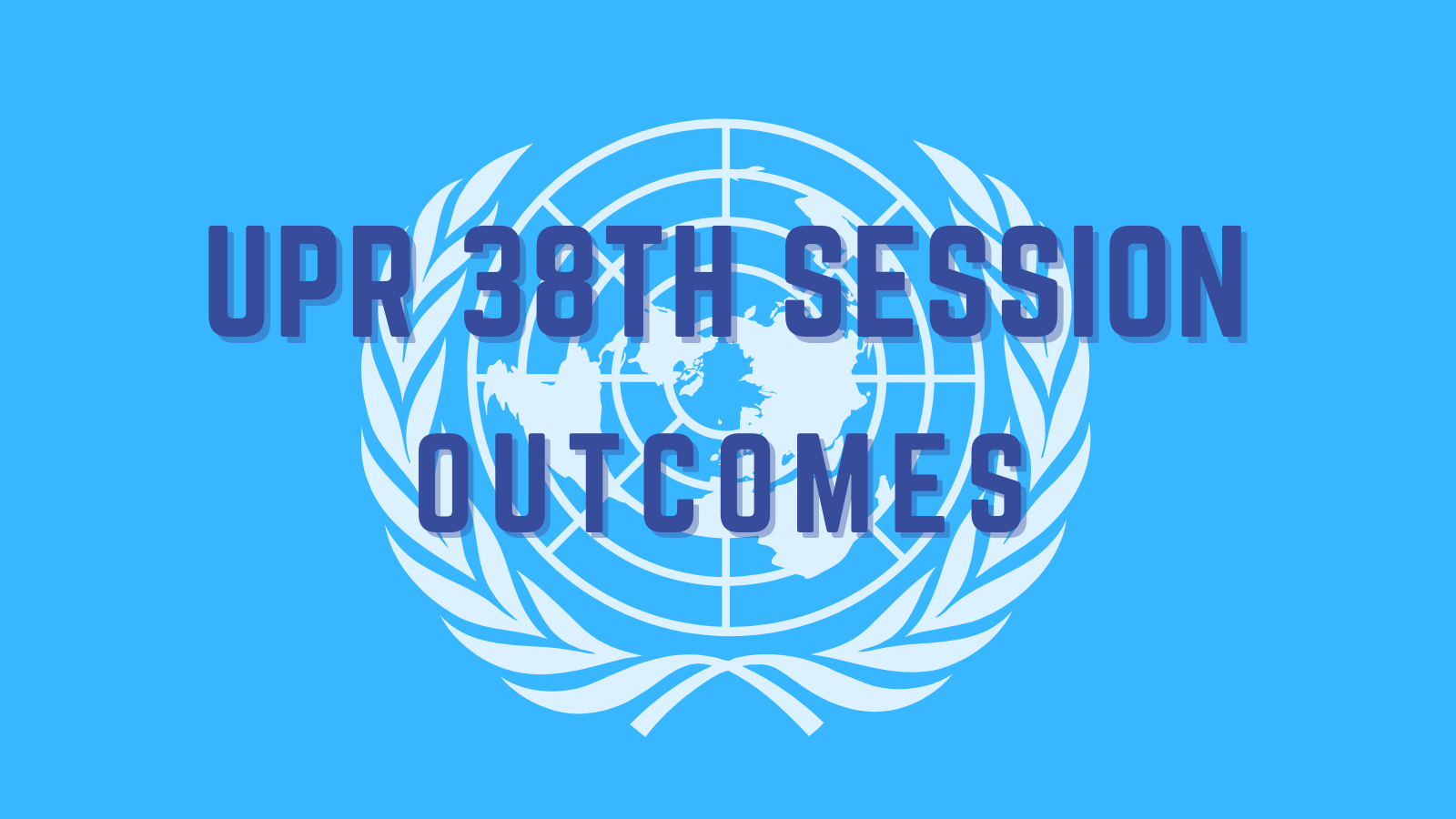48th session of the UN Human Rights Council
Item 10: Interactive dialogue with the Independent Expert on the situation of human rights in Somalia
Delivered by: Omar Faruk Osman, Secretary General of NUSOJ
Thank you for granting me, and by extension to the International Federation of Journalists (IFJ) and its affiliate the National Union of Somali Journalists (NUSOJ) the opportunity to make this oral submission to the UN Human Rights Council, with regards to the Media Freedom and safety of Journalists.

I want to begin by saying special thank you to Ms. Isha Dyfan, the UN Independent Expert on the situation of human rights in Somalia, for consistently shedding light on the state of media freedom in Somalia and the plight of journalists. Indeed, even advocates like myself who are used to speaking on behalf of the down-trodden also need other clearer voices such as Ms. Dyfan to speak on their behalf.
As already captured in the 2021 UN Independent Expert report on the situation of human rights in Somalia, sustained attacks on journalists and media workers have become permanent tactics- weaponized to intimidate and gag freedom of expression in Somalia. So far this year NUSOJ has registered more than 20 serious cases of organised crimes committed against journalists including the killing of a journalist in Puntland, a sad addition to the already grim statistics on murders perpetrated against journalists in Somalia.

We are concerned about the deliberate targeting of vocal and brave journalists who report on uncomfortable truths, and who become targets of attacks sponsored by different actors. Authorities especially those in the Federal Member States continue to use the old and outdated penal code of Somalia which contains vague clauses that are continually used to detain, persecute and convict journalists of wide-ranging offences such as false news, defamation, national security thus effectively criminalising the practice of journalism in the country.
On the other hand, non-state actors, buoyed by the knowledge that the criminal justice system in the country is unable to successfully investigate and prosecute the sponsors and perpetrators of attacks against journalists, have become more brazen in their attacks and harassment of journalists.
Impunity, the worst enemy of media freedom in Somalia, has become the norm while efforts to uproot are being politicised. This is why we need the investigations into the killings ordered by the court to proceed with the culprits being brought to book swiftly.
We urge the UN to take a firm stance against rampant impunity, press the Somali authorities to implement what they have committed, and encourage the international community to set clear benchmarks for respect of media freedom and freedom of expression in Somalia.
We reiterate that accountability can only be attained in the country if the journalists’ community is given the space to operate freely, transparently and bravely.
I thank you

